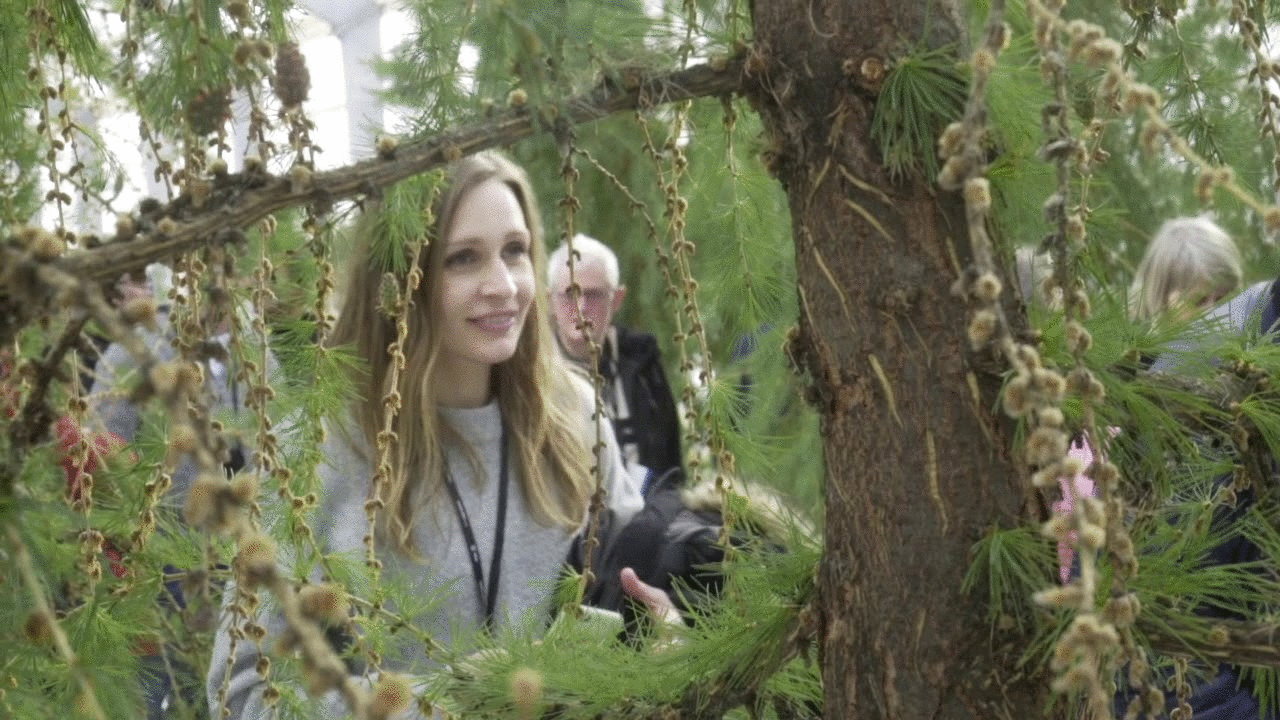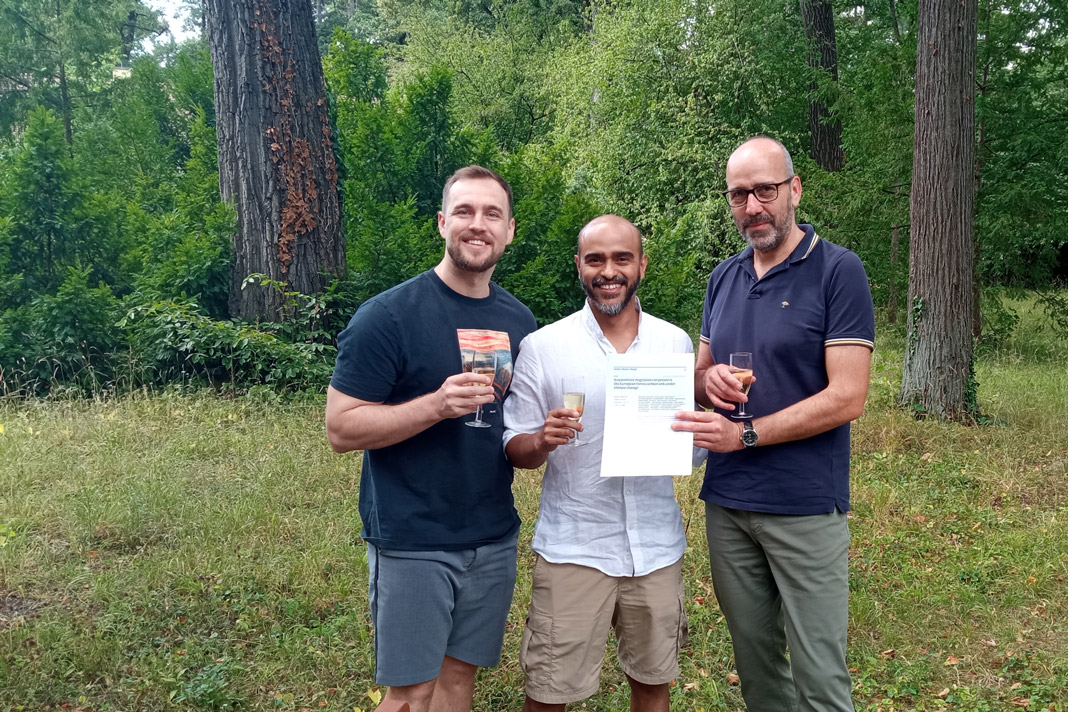A thematic day about forests for practitioners in the Nordic countries
A thematic day on Forests took place in Akureyri in the northern Iceland by NordGen in April 2018. More than 150 participants working in forestry came to learn more about seed supply and plant breeding – important issues to address when planning for forests which can endure the challenges of the future.
"The idea of NordGen Forest’s thematic days is to bring together people working within forestry to exchange knowledge and inspiration, says Kjersti Backebø Fjellstad", Section Leader of NordGen Forest.
Each year, NordGen Forest arrange two thematic days for those studying or working within the forestry sector, one in the spring and one in the fall. The place for the days rotate between the Nordic countries and they are usually held in the local language. The interest for the thematic days is big and the event of today is not an exception. More or less everyone working with forestry in Iceland are here.
Different prerequisites
The Nordic countries have very different prerequisites when it comes to forestry. Sweden and Finland are the big forest countries, with large areas covered with mainly spruce and pine. Norway is rather restrictive about which species the plant, whereas Iceland and Denmark, with quite small areas covered with forest, are more experimental in their planting strategies.
"But we also have quite a lot in common. We have a tradition of using wood, similar weather conditions and we all need to prepare for climate change", says Kjersti Backebø Fjellstad.
Genetic diversity is important
No matter which background and views upon forest we have, we can all agree that it is important to preserve a genetic diversity within the forest.
"Genetic diversity is important to form a resilient forest – a forest which can resist diseases, infestations and perhaps also a changed climate. Inbreeding leads to a wide variety of problems in forestry", says Ellinor Edvardsson, who work at the forest company Holmen in Sweden and is attending the thematic day.
Øyvind Meland Edvardsen agrees. He works as a seed manager at The Norwegian Forest Seed Center. He says that it’s naturally very important for them secure a genetic diversity when they collect seeds.
"We work with this in several different ways. We collect a certain amount of cones from a large area and many different trees. Additionally, we mix the collected seeds with other seeds from the same latitude. In one batch of seeds we therefore have seeds from hundreds of different trees, thereby securing the genetic diversity", Øyvind Meland Edvardsen says.
Originally published on NordGen website by Sara Landqvist







